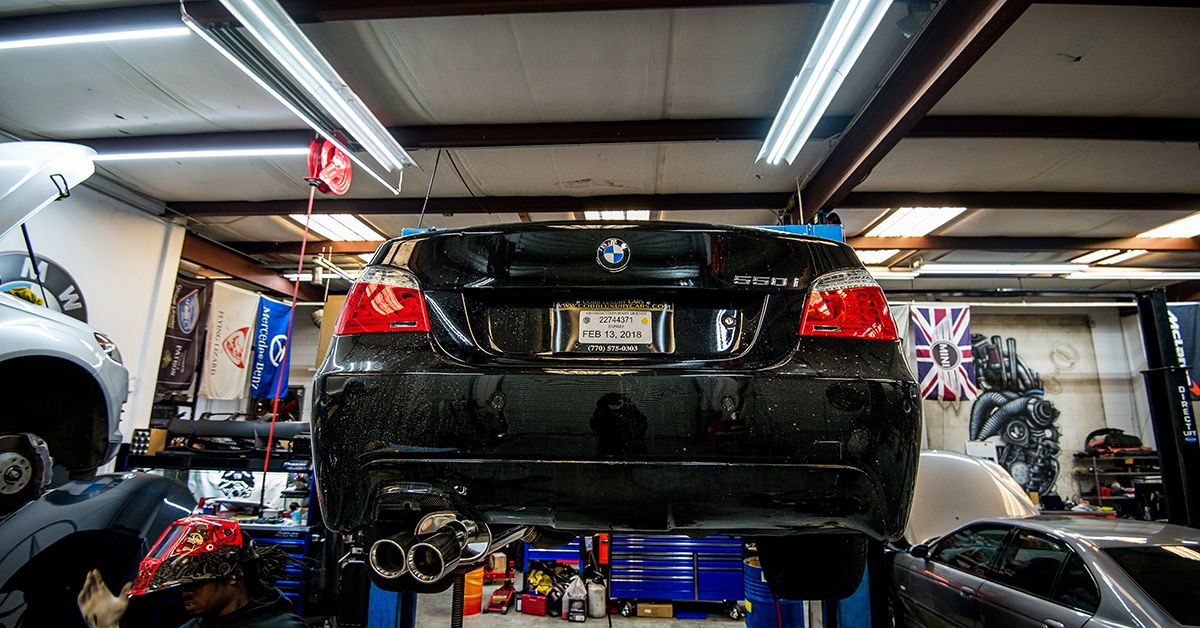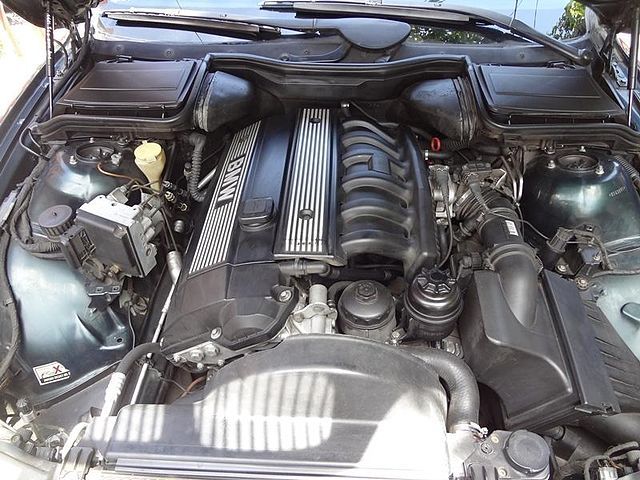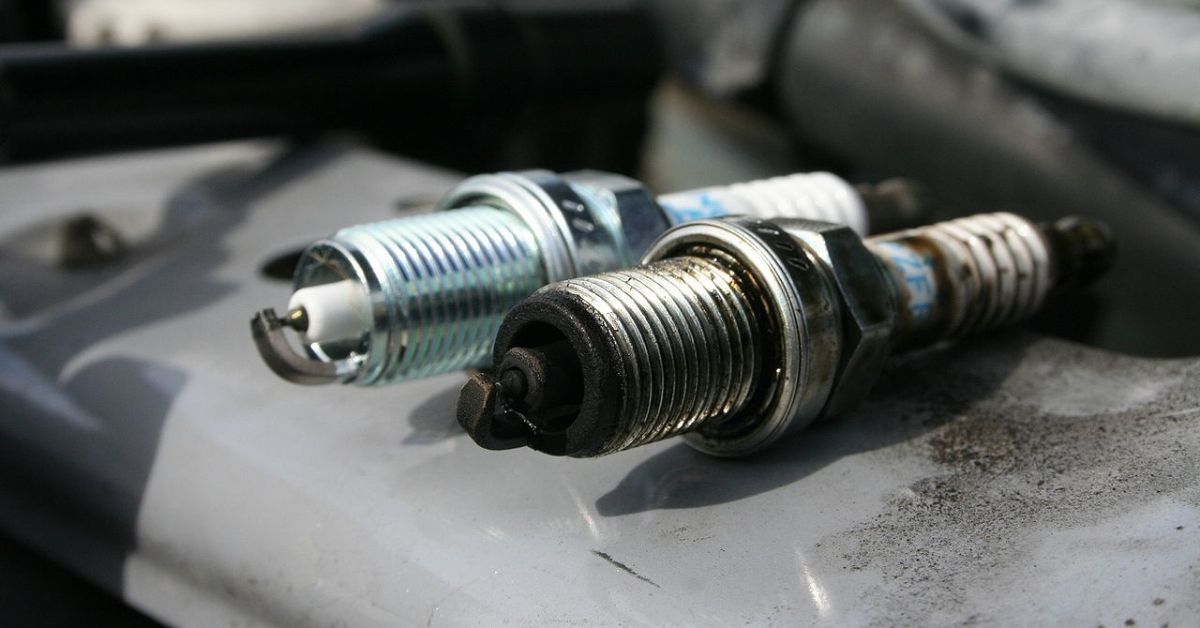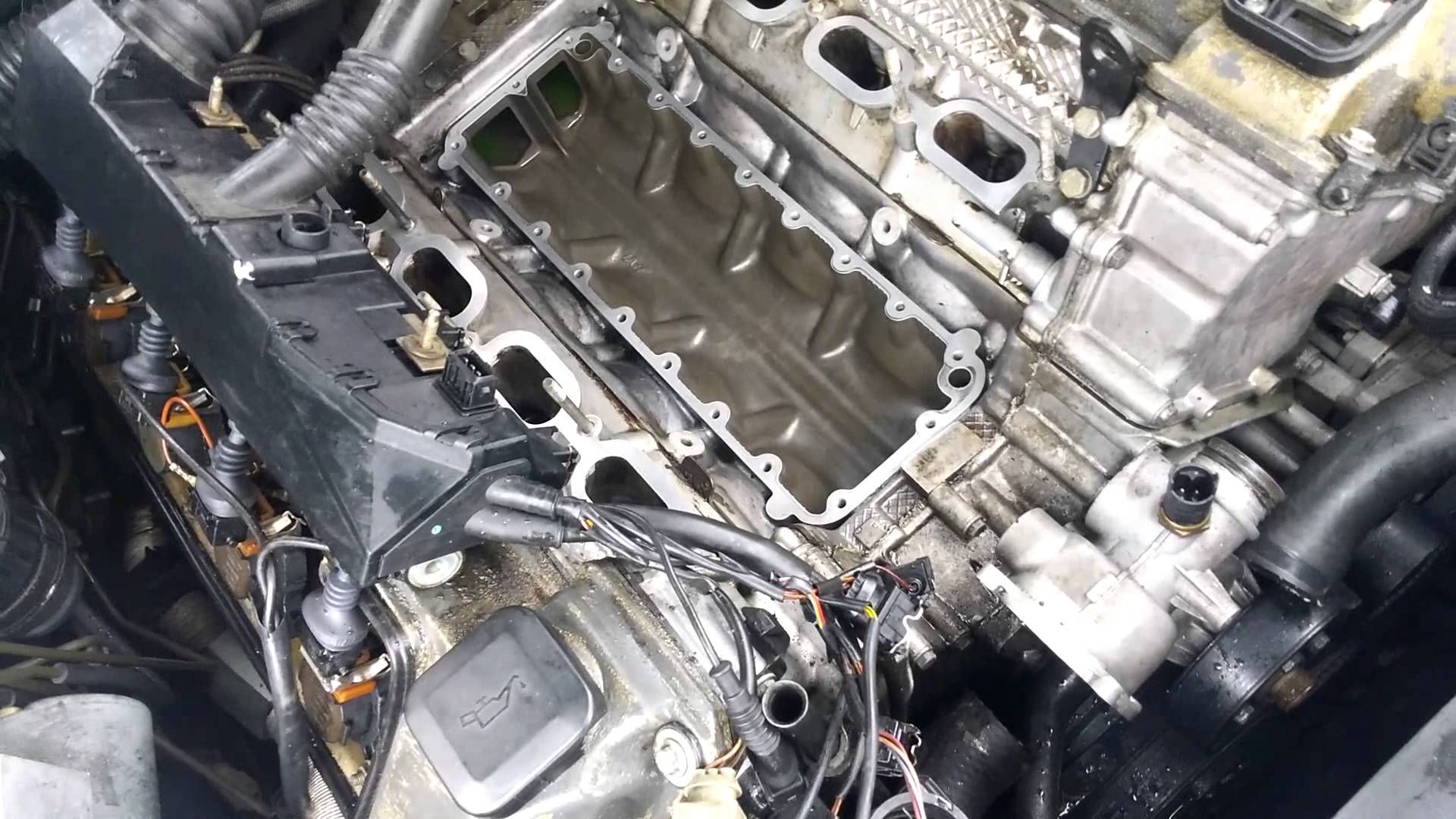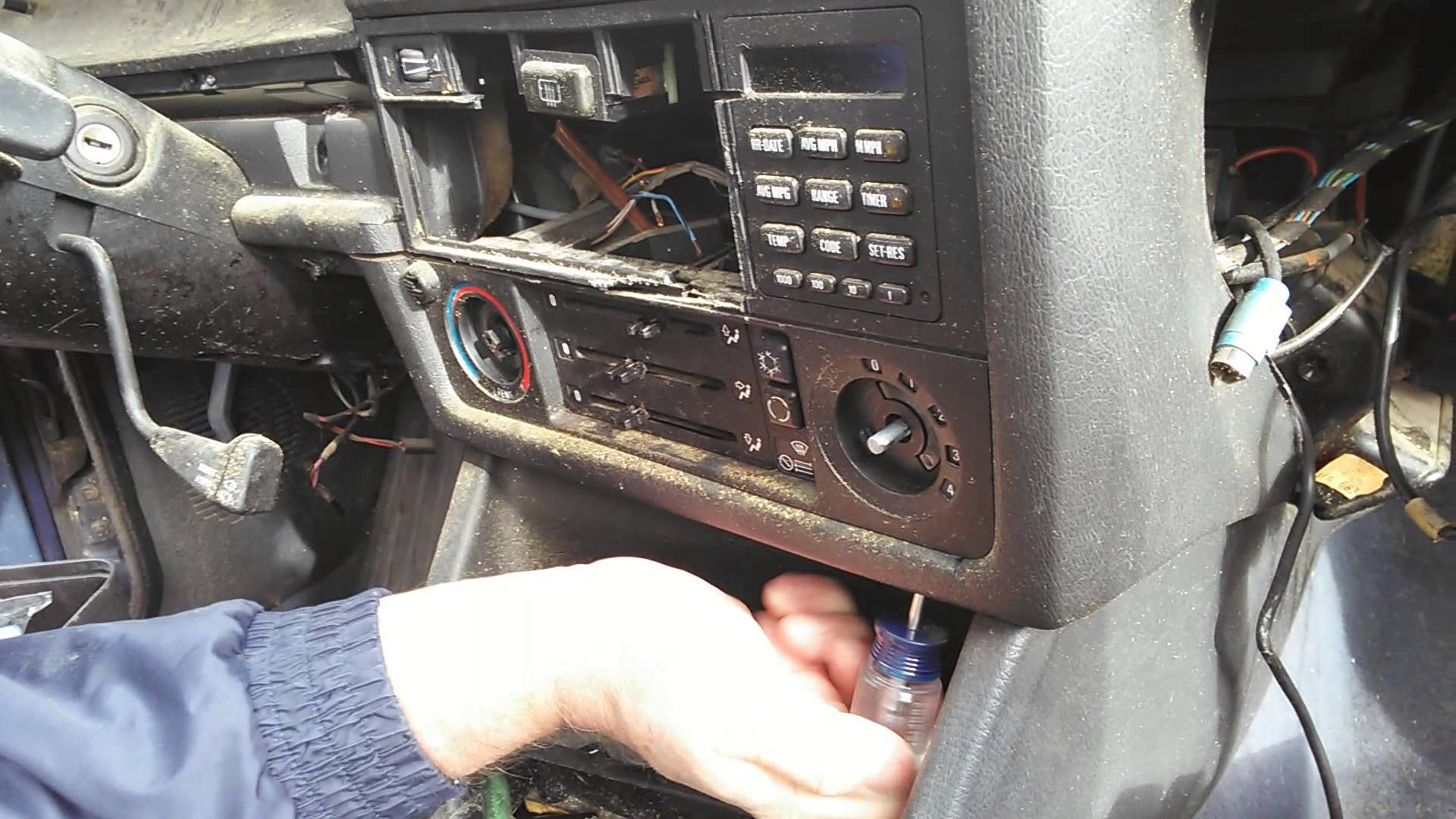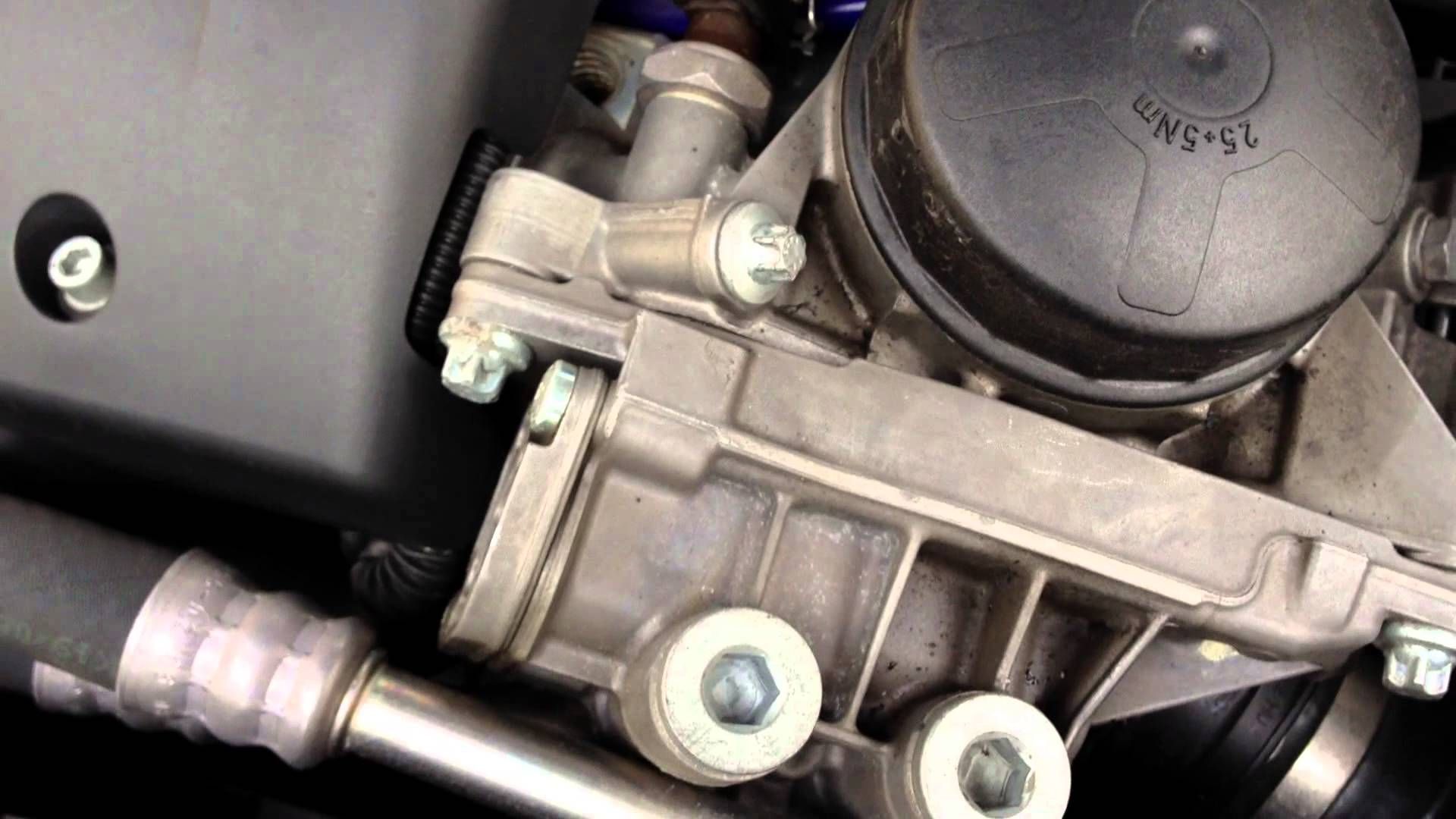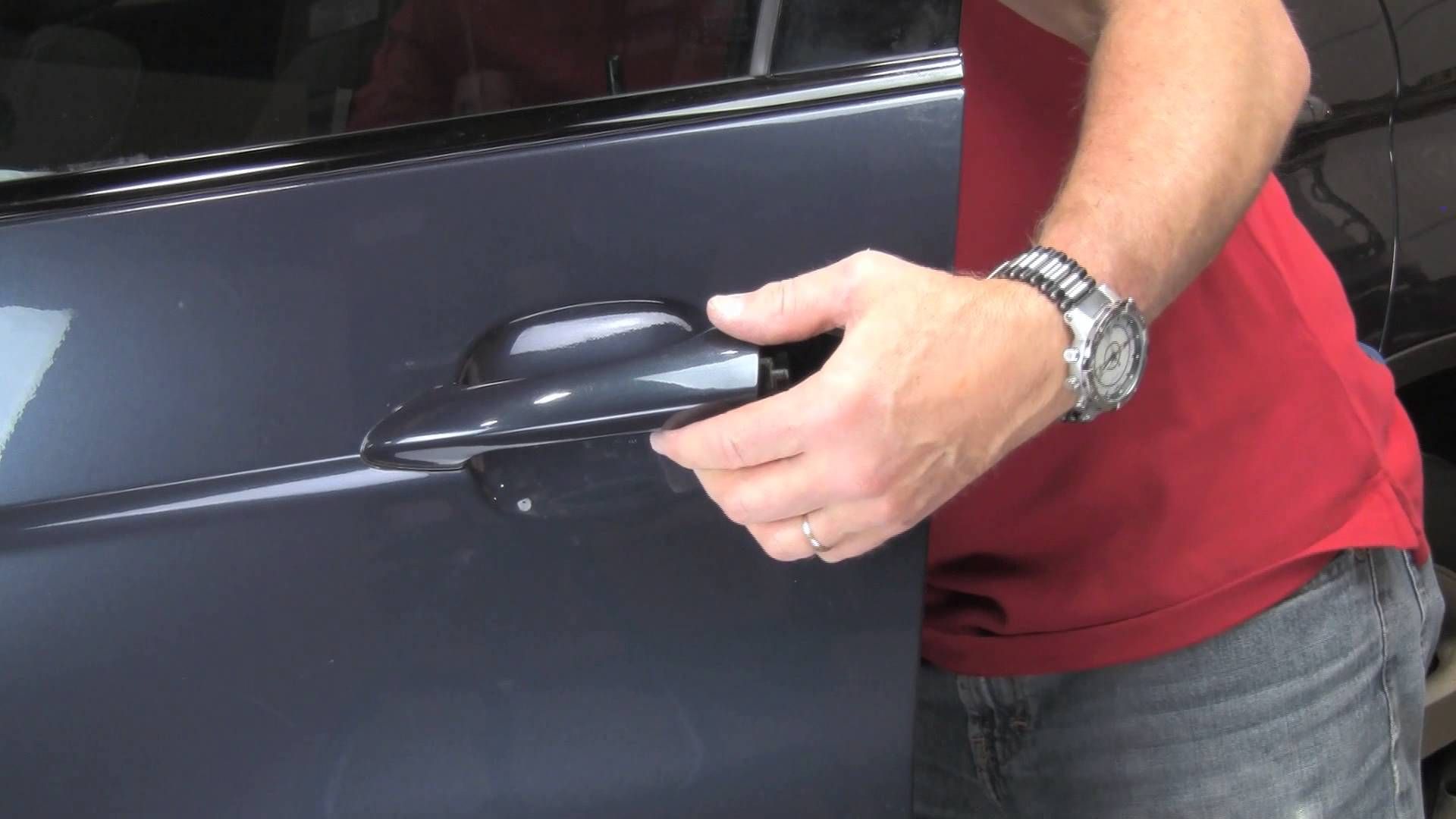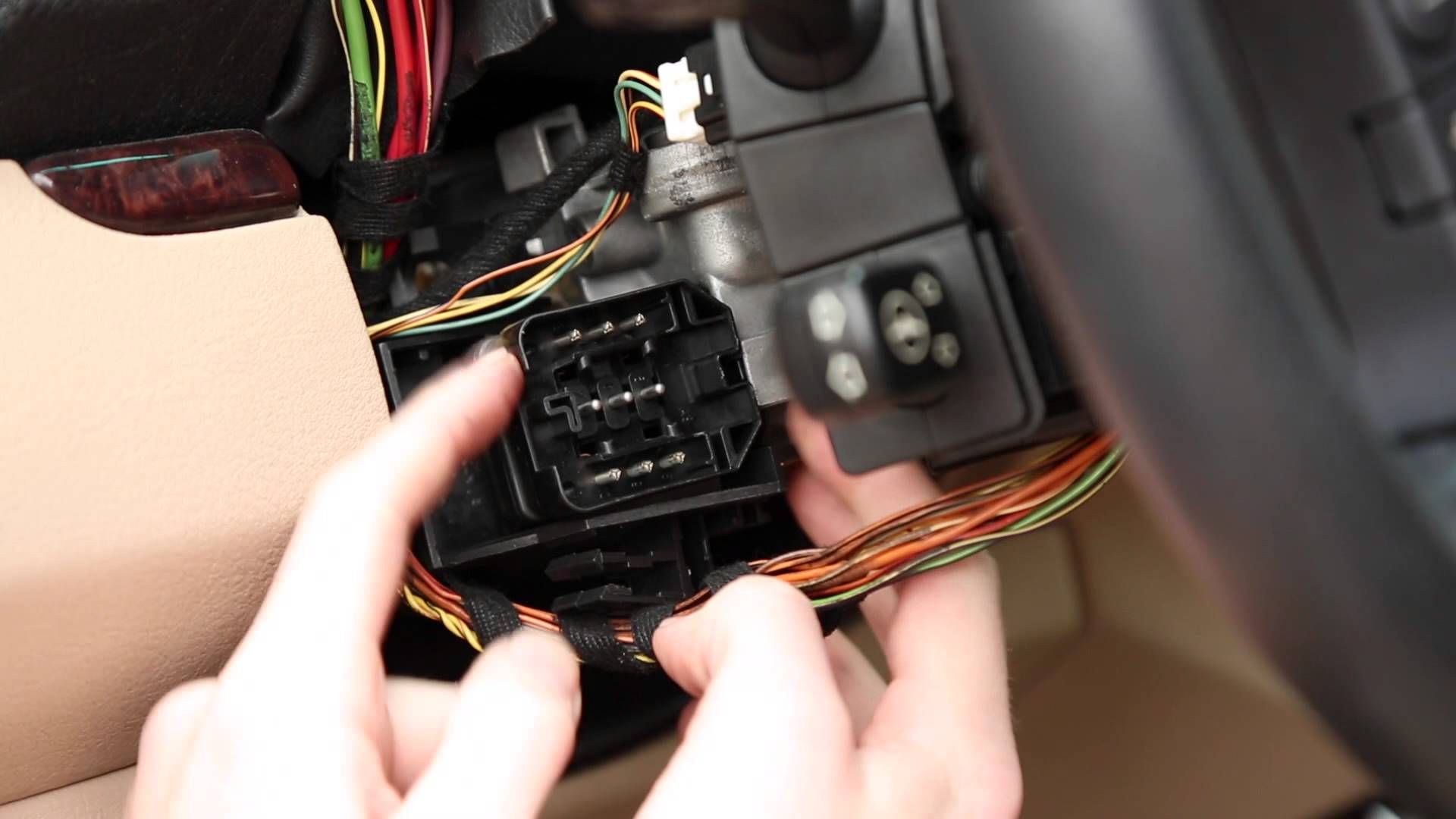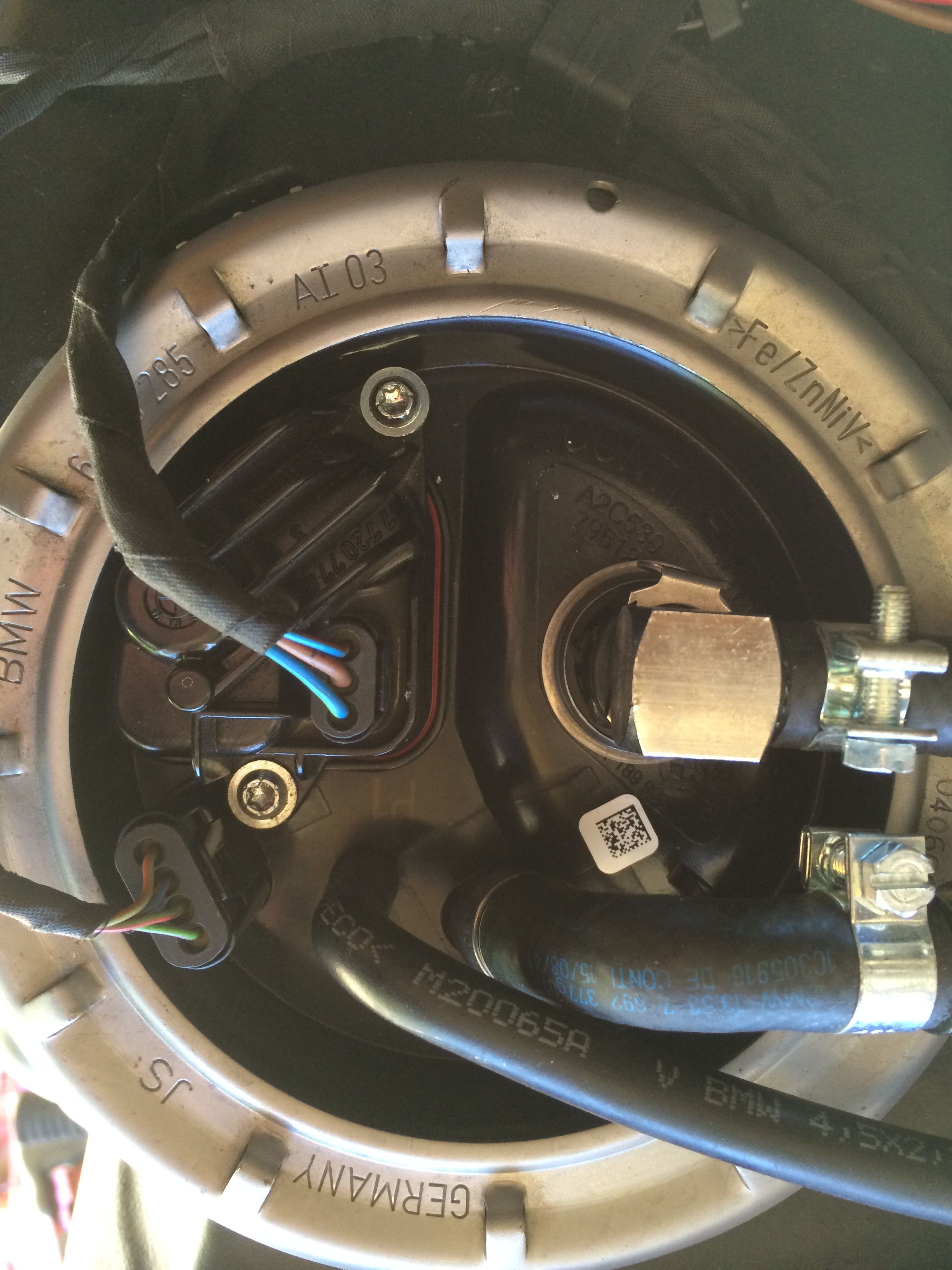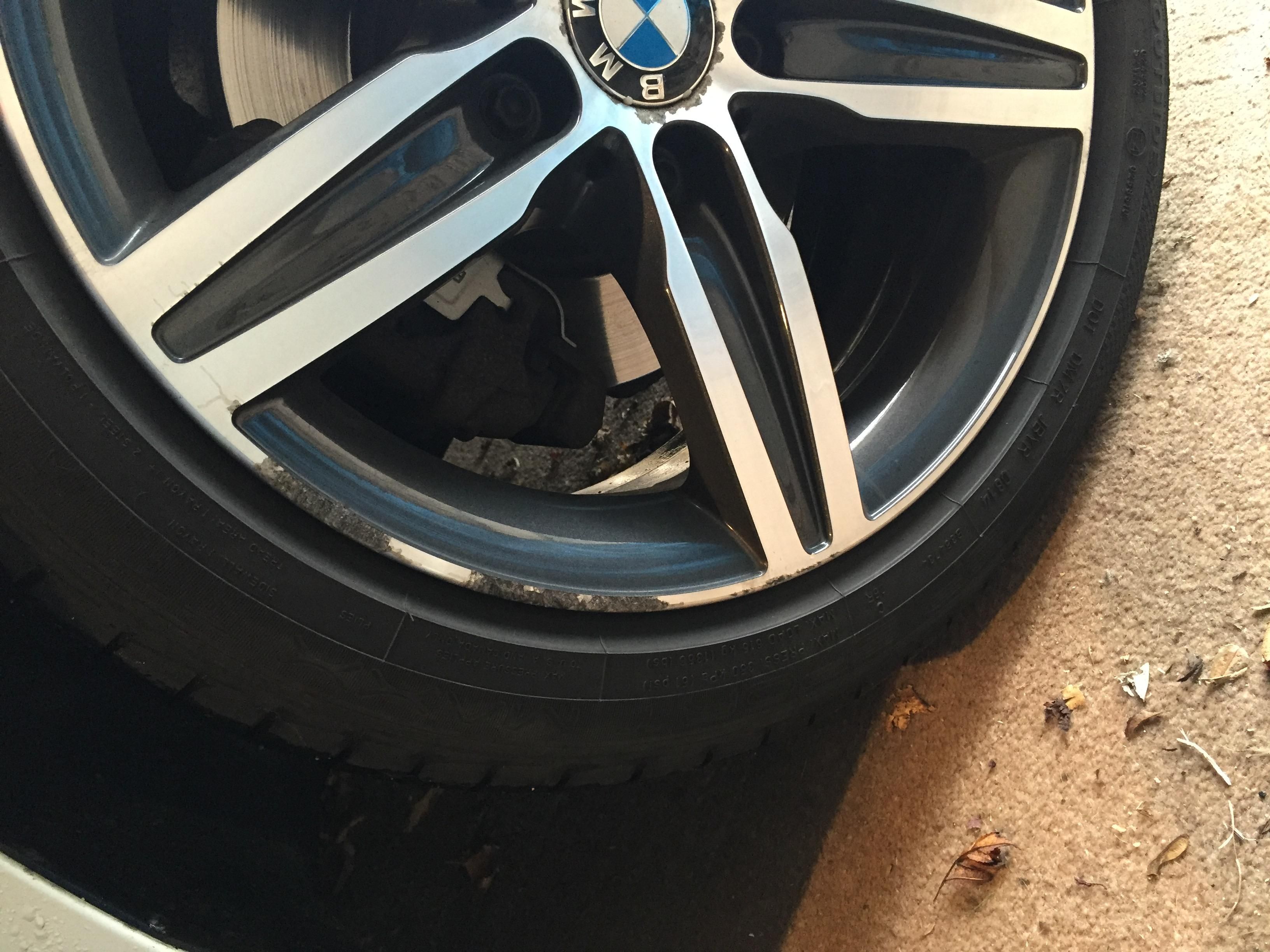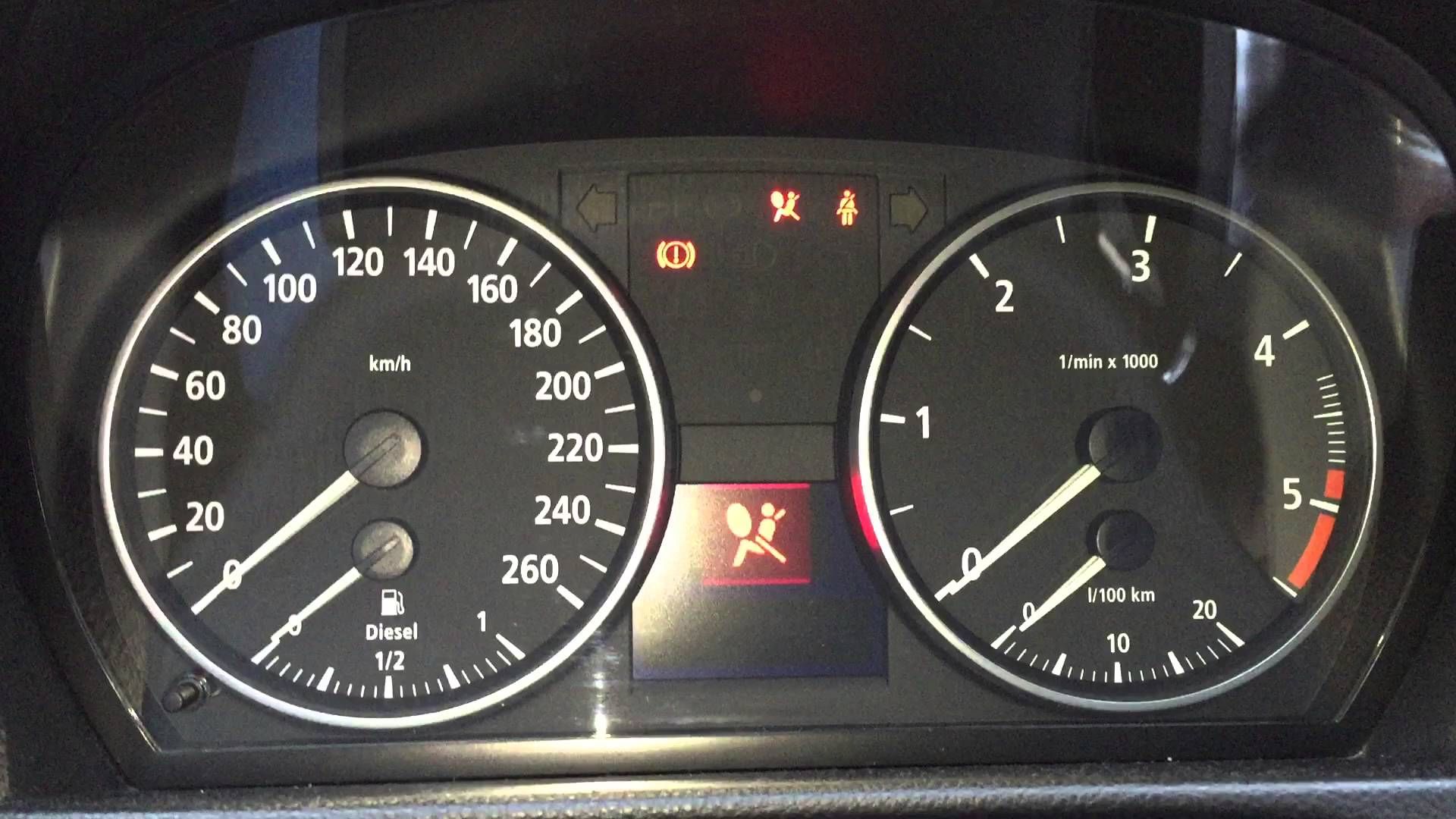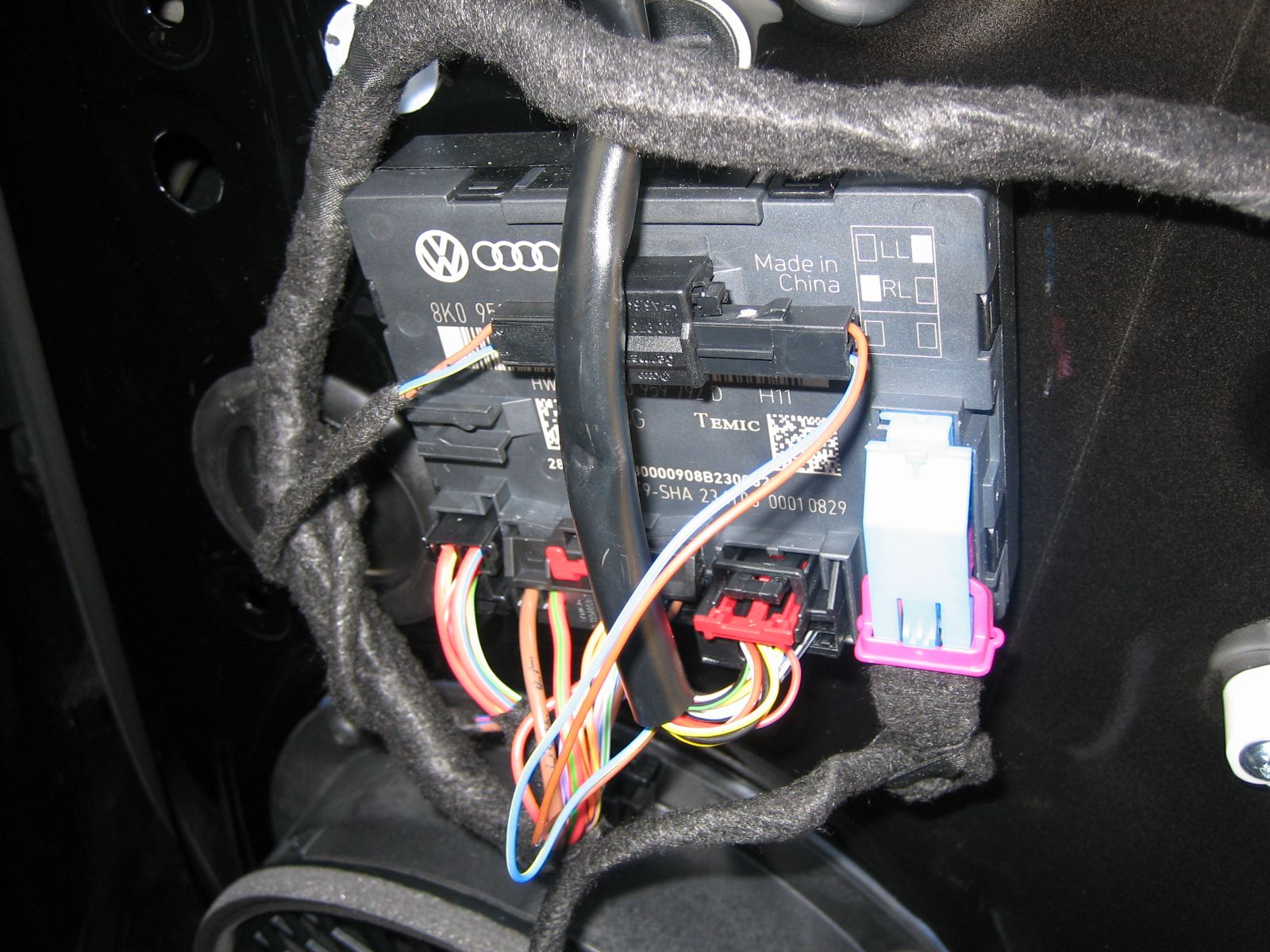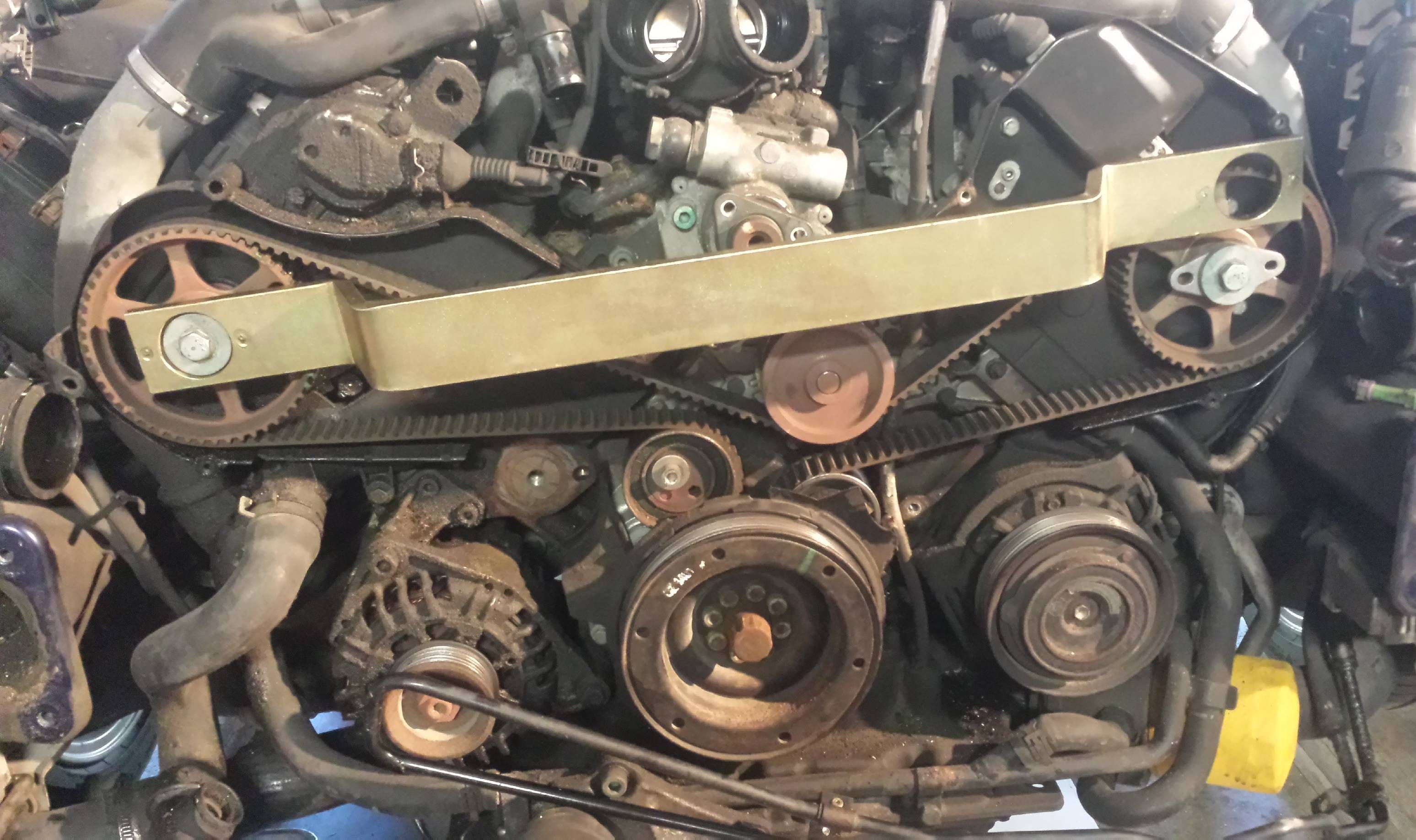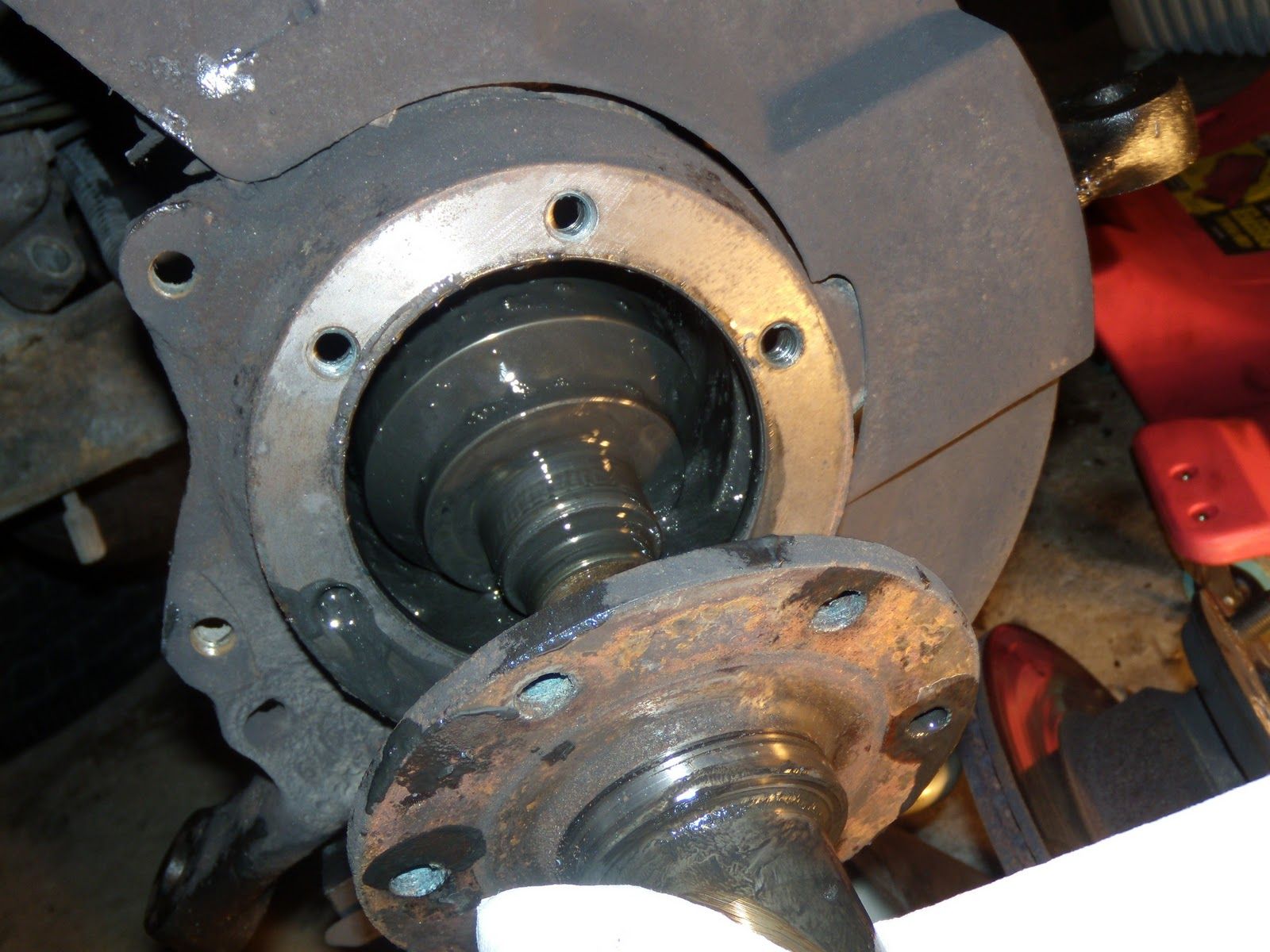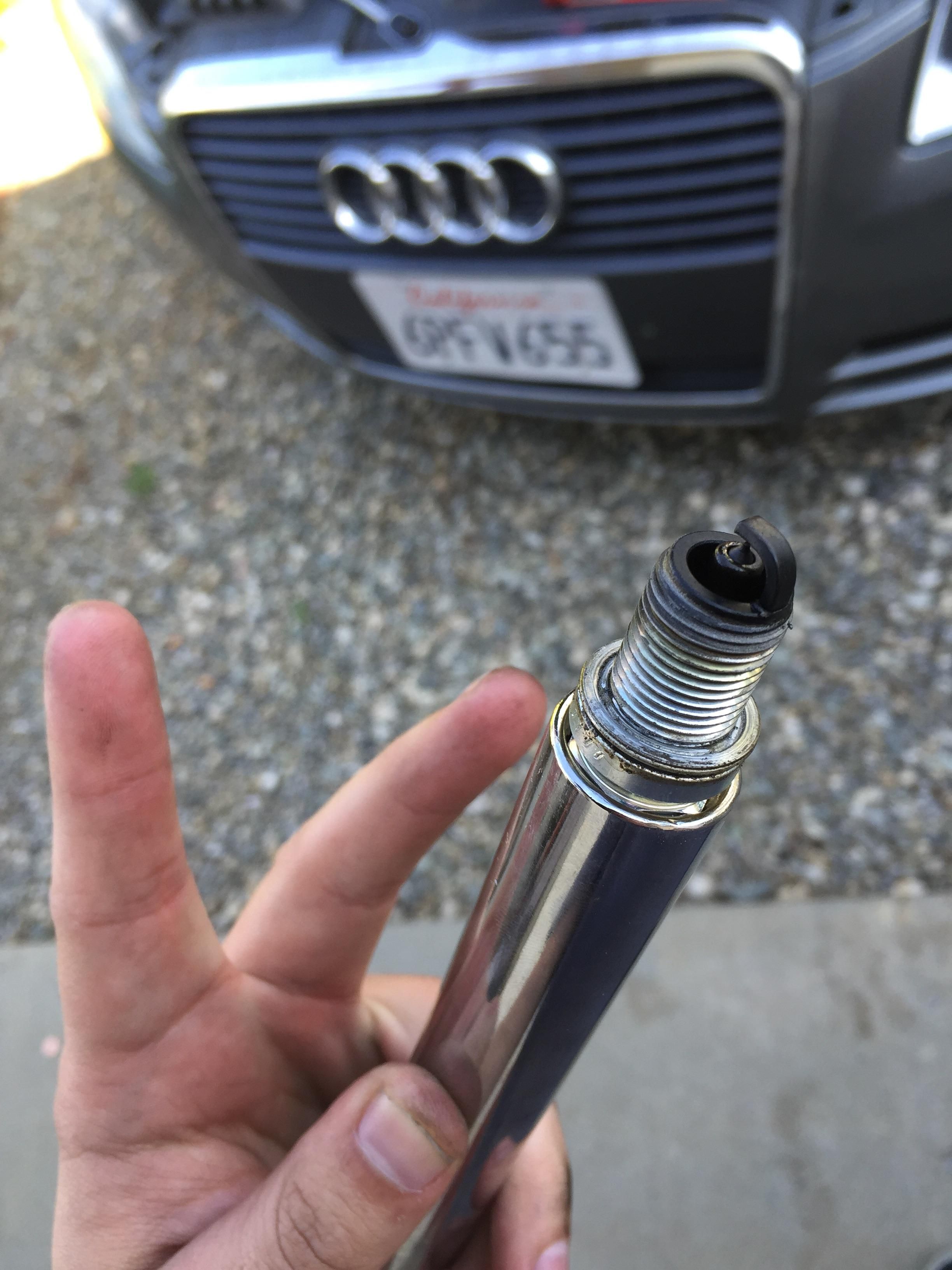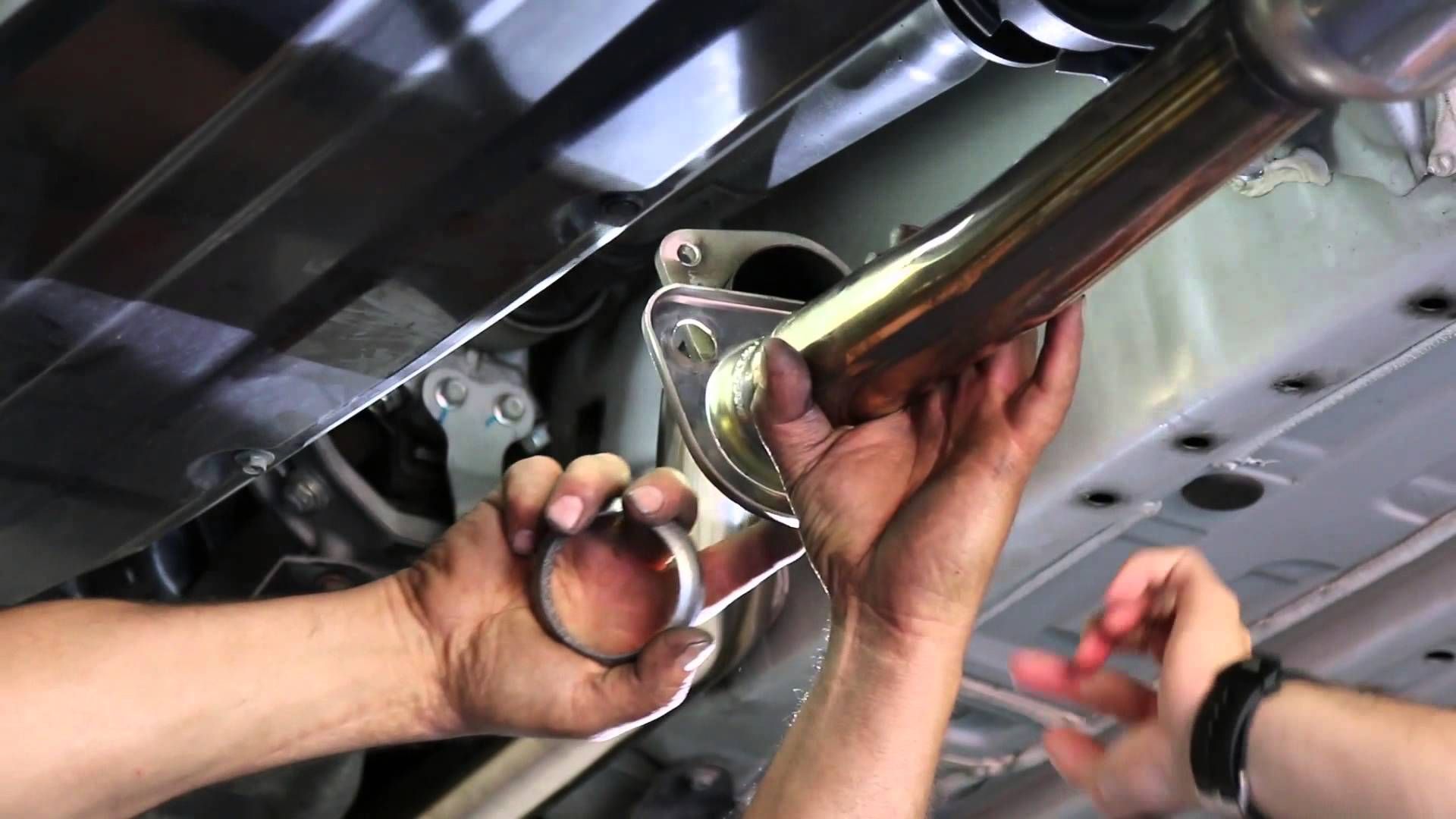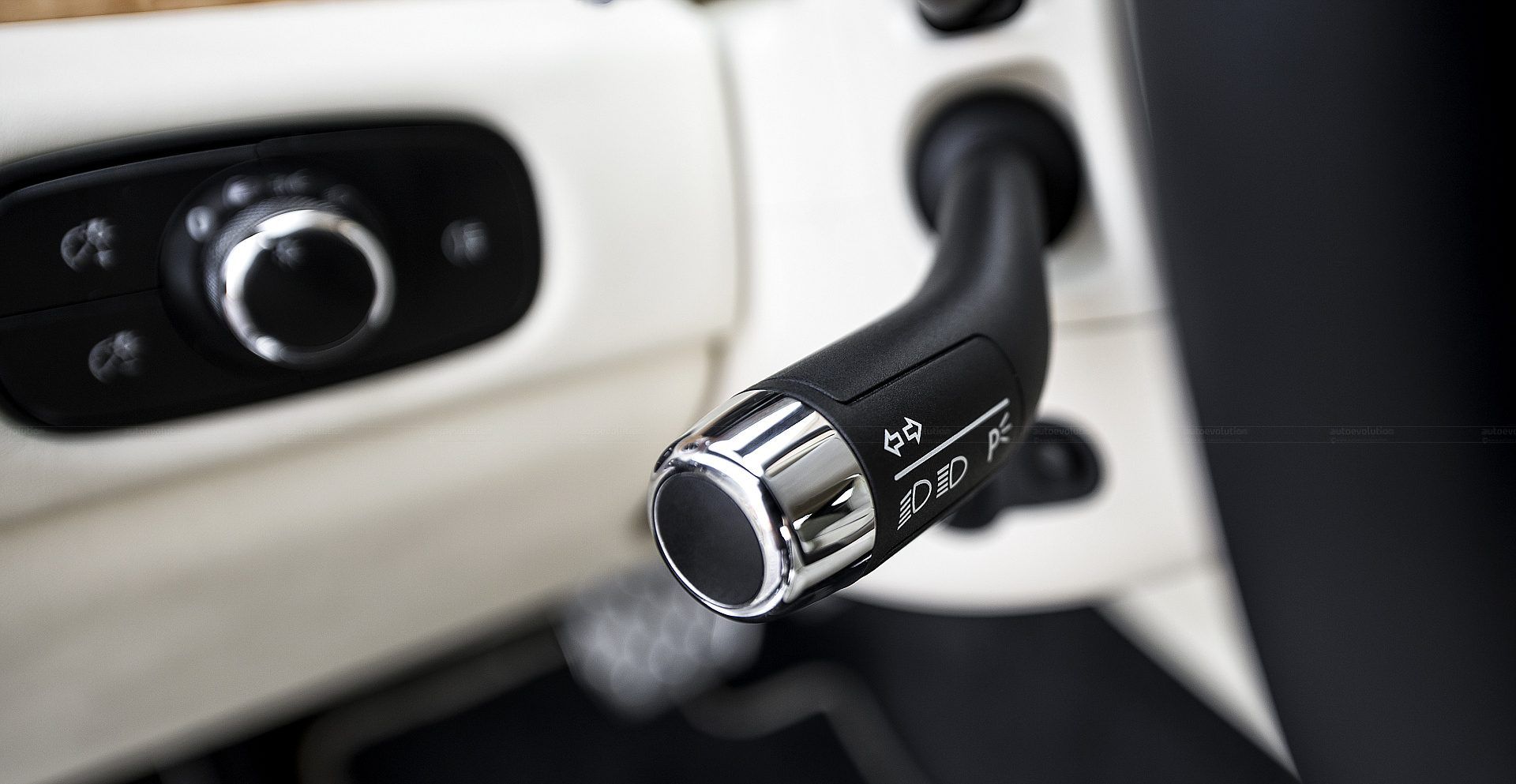Anybody in the market for high-end luxury cars will have at least considered vehicles made by the classic car manufacturers BMW and Audi. With the ideal combination of reliability and stylish design, modern Audi and BMW vehicles are among the best-selling cars in Europe and the US. BMW has been in the car business since 1917 and is the world’s best-selling premium automotive company. In 2017, the Munich-headquartered firm sold an impressive 2.5 million cars around the globe.
Updated February 2022: Audi and BMW are both masters of luxury, but reliability is not something either brand is really known for. Both German manufacturers are plagued by some common issues, and knowing what you're getting into is critical to being on the road and not in the shop. We've updated this list to contain some additional issues to be aware of, should a BMW or Audi be in the works!
Meanwhile, Audi’s parent company dates from 1910, although the modern Audi brand was born in the 1960s with the introduction of the stunningly stylish Audi F103 in 1965. Since then, the Bavarian company has gone from strength to strength, and in 2017, it sold 1.9 million vehicles worldwide. Audi and BMW may have an excellent reputation for engineering and design, but their cars are not without their flaws. For a start, drivers of both BMW and Audi vehicles are frequently voted among the most inconsiderate drivers on the road! The cars themselves have a few recurring flaws, too, and regular owners of either BMW or Audi cars will soon become familiar with the same mechanical failings.
23 BMW: Variable Valve Timing Rattle
Variable Valve Timing in BMWs offers improved performance and increased gas mileage. The downside, however, is that there is the dreaded Variable Valve "VANOS Rattle." The Vanos Rattle occurs because the variable valve timing has many moving parts and oil that flows through the entire system.
Though regularly scheduled maintenance can ward off the symptoms of the Vanos Rattle, the likelihood that it will impact your BMW is relatively high. Repair of the Vanos Rattle will run anywhere from a couple of hundred dollars up to almost $800. Of course, that is highly dependent on the shop!
22 BMW: Faulty Ignition Coils
When the engine isn't working right, it can be felt. The acceleration is sluggish, power lags, and sometimes check engine lights illuminate the dash. These symptoms plague BMW owners in the form of faulty ignition coils. Scheduled maintenance usually can catch this issue, but neglecting it can be costly!
Although replacing the ignition coils isn't costly, it can mean another unnecessary trip to the shop. Unfortunately, many BMWs suffer issues that land them in the shop, and this frequent BMW problem can have unintended consequences on other systems if not taken care of immediately.
21 BMW: Faulty Coolant Systems
The coolant system is one of the most critical parts of any car, keeping the engine at an optimum temperature and preventing it from overheating. However, the coolant systems in BMW vehicles tend to fail and can end up leaving their owners abandoned by the side of the road if they’re not prepared.
Several parts make up the BMW’s coolant system, any one of which is likely to fail once you have driven between 80,000 and 120,000 miles. Regular servicing is the best preventative measure and will save BMW owners a lot of money on repairs.
20 BMW: Electric Windows Won't Shut
The coolant systems in BMW engines may frequently fail. Still, you are unlikely to experience the same problem in the car’s interior – given that the electric windows in BMW cars often break down, causing them to stay open! This particular problem is not just one of comfort but also security. After all, if you can’t securely close your car’s window, then what’s to stop someone else from forcing it open? Given that BMWs rank among the most-stolen cars in many parts of the world, owners will want to fix this problem quickly to keep their pride and joy safe from prospective thieves.
19 BMW: Problems With Heater Core
Dodgy electric windows aren’t the only flaw that can affect the comfort of BMW drivers and their passengers. The car’s coolant system and heater core are closely related, so it is hardly surprising that they both have problems with chronic failures. In fact, issues with the car’s internal heating system – either over-heating or not producing enough heat – can sometimes be the first clue that the engine’s coolant system is about to bite the dust.
The other clue is an unusual sweet smell coming from your heating system; this is the coolant, and when it starts to leak, it can soon find its way into the heater core.
18 BMW: Leaky Oil Filter Gasket
The gasket which connects the oil filter to the BMW engine is another weak spot; this gasket, which connects the oil filter to the moving parts which need the oil, frequently ends up leaking. Less oil in the engine increases wear and tear and can lead to other mechanical problems. Over time, the gasket which connects the oil filter to the engine on a BMW can become brittle over time, but if the damage is caught early enough, it can be an easy and relatively inexpensive fix. Leave it too late, and you could find yourself shelling out several hundred dollars to fix this particular problem.
17 BMW: Wear And Tear On Door Handles
Owners of several different BMW models, particularly the BMW X5 luxury SUV, have reported problems with their door handles. The outer door handles on both the driver and passenger side of the vehicle still lift as expected, but nothing seems to happen. More than an annoyance if you need to get somewhere in a hurry!
Unfortunately, this will require the BMW owner to replace the entire door opening and locking mechanism, which is located within the door itself. While it’s not the most complicated car repair job but does require the kind of specialist tools you only find at auto repair shops.
16 BMW: Faulty Electronics
The issues with faulty electronic windows are not the only electronic fault reported by BMW owners. Most people are familiar with the fuse box in their home, but not everyone knows that cars have their own fuse boxes too – and that is definitely the first place to look if the electronics in your BMW have kicked the bucket. However, more serious flaws have been reported with BMW cars' electronics systems, which led to the recall of more than 300,000 vehicles in the UK in 2018, after the fault was linked to the death of one BMW driver in Hampshire, England.
15 BMW: Issues With Fuel Pump
Owners of some of the most popular BMW models have reported issues with the high-pressure fuel pump, which can cause poor acceleration, engine stuttering at high speed, or even a failure of the engine to turn over at all. All engines have two fuel pumps, the low-pressure pump, which takes gas out of the tank, and the high-pressure pump, which pushes the gasoline into the combustion chamber.
If the high-pressure fuel pump in your BMW is performing below par, the only solution is to fix it, which is not a cheap repair if the car is out of warranty.
14 BMW: Corrosion Of Alloy Wheels
The BMW branded alloys are one of the most stylish aspects of any BMW car, and they do a lot to make these vehicles stand out from the crowd. Unfortunately, some owners have found that these great-looking alloys are more style than substance, as they have started to corrode after a relatively short amount of time. Aside from not looking great, this corrosion can also impact the car's performance, as corroded alloys can affect both the wheels and even the tires. You can shell out on a new set of BMW alloys, but many owners go for a non-branded but more reliable set to prevent further problems.
13 BMW: Dead Batteries
Along with the other electronics problems already included in this list, BMW cars also seem to be afflicted with more than their fair share of dead batteries. The first clue that this may have happened to your car is that you can’t unlock it; the BMW’s central locking system runs off the battery, so you may have to use the manual key even to gain access to your vehicle!
Luckily, it is pretty easy to jump-start a BMW from another car – it is just annoying if you find that you have to jump-start your vehicle once every few weeks.
12 BMW: Faults With Automatic Headlights
Automatic headlights are a relatively new automotive innovation, taking the human element out of deciding when it is dark enough to require headlights. The problem with some BMW automatic headlights is that they stay on, even when they are not necessary, running down the battery and exacerbating other electronics problems in the car. It can sometimes be difficult to notice whether this is happening with your car, especially if you live somewhere sunny where the headlights might not be so noticeable. Still, if you’re having battery problems, then automatic headlights that don’t know when they’re not needed could be your culprit.
11
Audi: Leaking Sunroof
When it rains, it can really pour. Especially if you're a prospective Audi owner. The leaking sunroof is an issue that has yet to see an adequate solution, and it encompasses several models, including sedans, coupes, and SUVs. The problem lies within the design of the parts that make up the sunroof enclosure.
Due to faulty parts, stress cracks and drainage channels allow water to leak into the passenger cabin. To make matters worse, Audi refuses to honor warranties for this type of issue, leaving owners to fork out hundreds or even thousands of dollars in repairs!
10 Audi: Oil Leaks
And it isn’t just BMW owners who have come up with a list of recurring faults and problems. Owners of Audi vehicles have to put up with more than their fair share of annoying problems too. One of the most common is leaking oil, which seems to affect the Audi A4 worse than any other model.
These leaks can be caused by issues with one of several engine parts – the camshaft seals, valve cover gaskets, and the front and rear crankshaft seals. If you’re investing in a second-hand Audi A4, make sure you get your local repair shop to check these areas for damage and leaks before you hand over any cash.
9 Audi: Problems With Electronics
Electronics also cause a few issues with Audi vehicles – and given how many of the important parts of modern cars rely on electronics, these can quickly end up being severe and expensive faults. Luckily for Audi owners, one of the most common electronic faults with their cars has a pretty easy and cheap fix, simply replacing faulty stop lights and turn lights. If changing the bulb doesn’t work, then you may need an expert to take a closer look at the wiring – and if a warranty no longer covers your Audi, then you could be looking at an expensive bill.
8 Audi: Faulty Timing Belt
The timing belt is not a part that many non-mechanics have ever even heard of. Everyday drivers are familiar with changing tires and replacing spark plugs, but talk about timing belts, and even car aficionados will be confused! Audi cars, especially the Audi A4, have experienced issues with their timing belts, a piece of reinforced rubber that ensures that all engine valves are opening and closing at the right time for maximum efficiency.
If the timing belt is out, then the engine may be working inefficiently or may not work at all. If the timing belt kicks the bucket, it could be the end of the road for your Audi.
7 Audi: Axle Joints Losing Grease
The constant velocity or CV axles are an integral part of any motor vehicle, transferring power from the car’s transmission to the wheels. Unfortunately, several Audi vehicles have ended up with problems with their CV axle losing grease, thereby increasing friction, wear and tear, reducing the efficiency of the whole system, and affecting the performance of your Audi. Sometimes this issue can be fixed by replacing the “boot” of the axle – the part that keeps water and dirt out of the moving parts – but if the damage is too severe, you can end up having to replace the CV axle.
6 Audi: Failure Of Spark Plugs
Changing the spark plugs in any engine is one of the most straightforward motor repair jobs – which is good news for Audi owners whose cars’ spark plugs tend to wear out faster than usual! As the name suggests, the spark plugs are responsible for the spark which creates the ignition on any combustion engine.
If you notice your car is starting to lose power and acceleration or even failing to turn over when you start the car, it could be time to replace the spark plugs, usually around the 80,000 to 100,000-mile marker, but generally more often for some Audi models.
5 Audi: Exhaust Leak
Some Audi cars seem to be more prone to exhaust leaks than other vehicles, a potentially expensive repair, and one which can drastically reduce the efficiency of your Audi if you don’t take it to your local repair shop. One of the most apparent signs of an exhaust leak is a loud rumbling noise coming from your exhaust – something like the type of modification that street racers pay a fortune to add to their vehicles. Other signs of an exhaust leak include a vibrating gas pedal and less fuel efficiency; you might notice that you need to fill your tank more often.
4 Audi: Turn Signal Won't Turn Off
Audi drivers are often voted among the most annoying by other drivers for their rudeness – including simple things like a failure to use turn signals when they should. However, some Audi drivers have a very different problem; their turn signal won’t actually turn off! These days, most cars are made with a multi-function switch inside the steering columns, which controls all the functions, including stoplights, headlights, windshield wipers, and turn signals.
Cars with stuck turn signals may not seem a huge issue, but it can be hazardous to other road users who have no idea what maneuver you are really about to make – if any.

